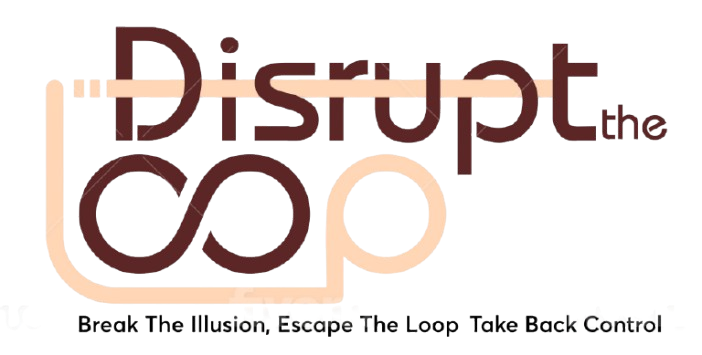Understanding Power in a Socially Constructed World
Power is often thought of as an inherent force, but much of it is socially constructed. Across relationships, institutions, and global politics, power emerges from collective agreements about value, emotion, and status. This blog explores how cultural frameworks shape our understanding of power, the limitations of these constructs, and whether true liberation is possible without external intervention.
The Cultural Construction of Value
Value systems operate similarly to financial markets—what is considered “valuable” depends on societal norms. In personal relationships, attractiveness often functions as a form of “fiat currency,” a social construct rather than an objective measure. Studies in evolutionary psychology show that mate preferences vary significantly across cultures, proving that what we deem “attractive” is deeply influenced by our environment.
These valuation systems extend beyond personal relationships to global economics and politics. The dominance of Western financial models, for example, is not an objective reality but a product of cultural hegemony. Emerging powers, such as the BRICS nations, challenge these structures by reshaping global narratives around value and influence.
How Culture Shapes Emotion and Power
While emotions may feel deeply personal, they are often culturally constructed. Research on the Ifaluk people demonstrates that different societies categorize and express emotions uniquely. This challenges the assumption that emotions are universal and highlights how power structures influence emotional norms.
Fear, for instance, is a key mechanism of control. Michel Foucault’s work on power and discipline shows that societies shape fear responses to reinforce control. Whether in personal relationships or government policies, the manipulation of fear helps maintain hierarchies.
Why Standardized Systems Fail
Attempts to create universal standards—whether in relationships, healthcare, or geopolitics—often fail because they ignore cultural variability. In medicine, for instance, Western diagnostic models do not always align with non-Western symptom expressions. Similarly, global political strategies that impose one-size-fits-all solutions often backfire when they fail to account for cultural nuances.
The Recognition Trap: Why We Seek Approval
From social media to professional accolades, the need for recognition is deeply embedded in human nature. Evolutionary psychology suggests that early human survival depended on social acceptance. However, recognition can also become a tool of social control—dictating who holds power and who remains marginalized.
This paradox raises a fundamental question: Is our desire for recognition a biological necessity, or has it been constructed to maintain existing power structures?
Can We Escape These Constructs?
Understanding the socially constructed nature of power and value can help individuals navigate these structures more effectively. Critical theory suggests that exposing hidden power dynamics allows for greater agency. However, simply recognizing these forces does not dismantle them.
Some argue that true liberation requires an external force—something beyond human-made systems. Philosophical and theological perspectives suggest that divine intervention might provide an alternative framework, one that transcends cultural constraints.
Conclusion: Rethinking Power and Value
Societal power structures, emotional norms, and valuation systems are not fixed truths but socially constructed realities. While awareness of these constructs offers tools for strategic navigation, breaking free from them entirely remains a challenge. Whether through critical awareness, strategic resistance, or external intervention, the quest for genuine autonomy continues.
As we move forward, the key question remains: Are we bound by these constructs indefinitely, or is there a way to redefine power and value on our own terms?

